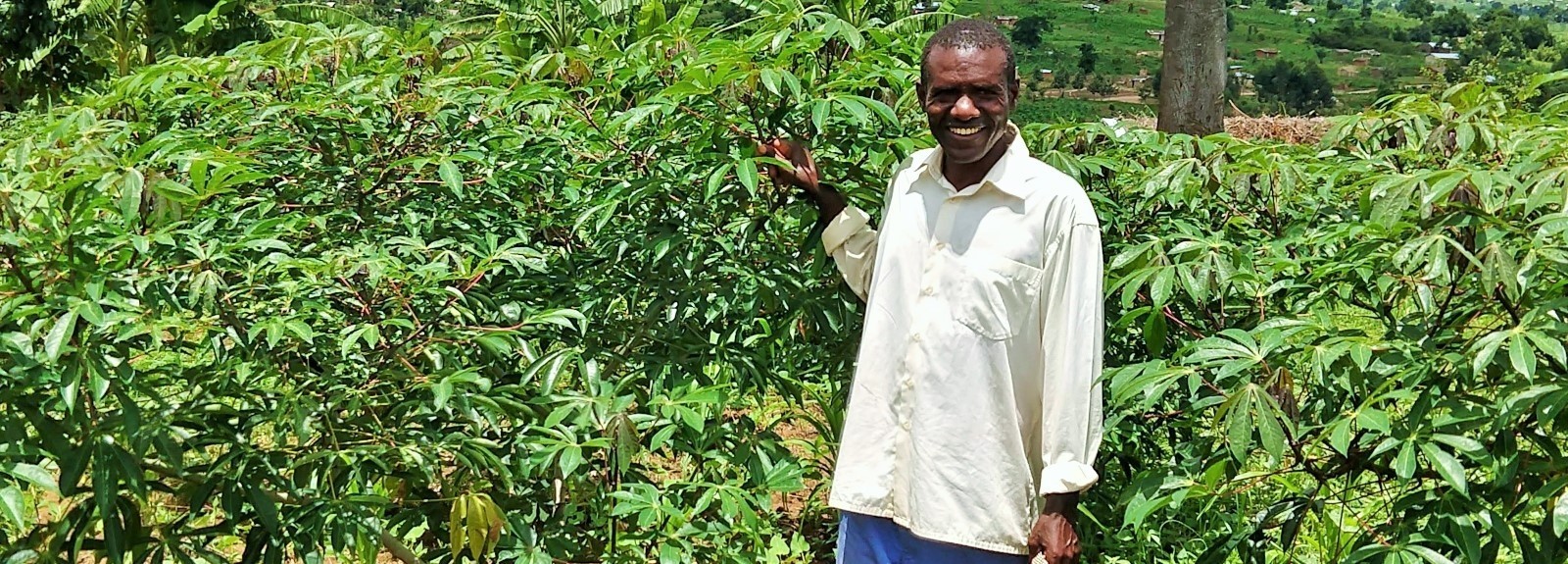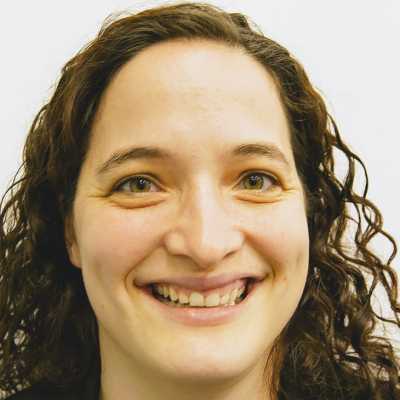As part of my work with Lutheran World Relief's Africa team, I recently had the opportunity to visit the Kyaka II Refugee Settlement in western Uganda.
This settlement is home to over 90,000 refugees, mostly from the Democratic Republic of the Congo – one of the most challenging humanitarian situations on the planet. Conflict has plagued the country for over 25 years; new waves of violence erupted in 2016 and now there is an Ebola outbreak. Refugees continue to arrive by the busload on a daily basis.
Uganda has a unique and progressive refugee policy, allowing refugees freedom of movement and ability to participate in the labor force. Uganda also allocates refugees plots of land on which to build their homes, grow vegetables, and raise animals. In fact, a settlement like Kyaka II looks almost like any other rural village in Uganda and not like the rows of tents you may have seen on the evening news. Uganda expects refugees to become self-sustaining after five years, in part to reduce the burden on the government and in part to encourage refugees to return home.
Opportunities abound, but resources are scarce
While optimistic and ideal, this reality on the ground is much more difficult. Although refugees are permitted to engage in casual labor, jobs within the settlements are few and hard to come by. Outside of the settlements, refugee encampments are often located in areas of structural underdevelopment, so jobs are limited and transportation is difficult. It took our group over 30 minutes to travel from one of the far corners of Kyaka II to the main road that leads to town. We were traveling in a 4x4 vehicle made for those conditions – most refugees have access only to bicycles.
Small business opportunities abound within the settlements, but finding the money to start one is nearly impossible as refugees don’t have collateral needed to access the formal banking system.
The refugees in Kyaka II came from farming communities and wish to be able to continue to grow their preferred vegetables, but do not have seeds, the tools or the money to buy them. Most humanitarian programming focuses only on immediate relief – food, shelter, and clothing – and doesn’t focus on long-term needs.
Beatrice harvests some of the eggplants.
Seeds of Hope
Lutheran World Relief began livelihoods programming in two of Uganda’s refugee settlements just over 1 year ago: Palabek and Kyaka II. While visiting Kyaka II, I had the opportunity to meet with many different groups that we support through our World of Good initiative. Amidst difficult circumstances, the refugees are finding hope for a brighter future.
I had the chance to speak with Beatrice, who recently arrived with her family. With Lutheran World Relief’s support of seeds, tools, and training, Beatrice and others formed a group and are collectively growing and selling small, white eggplants, which are in high demand within the settlement. “When we first arrived [to Kyaka], we weren’t sure how we would survive in this new place,” she says. “Now we are seeing harvests, we have hope.” Each group can harvest eggplants twice a week during the 4-month growing season, leading to profits of over $400.
Jeremy shows his wares at the market stall.
Small loans bring big benefits
Just up the road we met with Jeremy, a young man who received a loan through Lutheran World Relief’s support to the village savings and loan association where he is a member. With a very small loan of about $80, he started a business selling odds and ends like soap and food. He received training on business planning in addition to the loan and is now able to buy clothing for himself and has even purchased a cellphone that allows him to contact his suppliers in town. He explained to us that there is very high demand for different goods, and he is thinking about taking out an additional loan to expand his business.
We met with the Baraka Group, a village savings and loan association. Lutheran World Relief provided them with a small amount of money for loans (about $300). In the first 3 months of this year, members have more than doubled that amount with their own savings. When I asked the group of about 30 how many had taken loans, every hand was raised. Florence used her loan to start a small stall where she sells potatoes and charcoal. Fabrice travels into town to purchase matooke (green plantains that are cooked and mashed that are a staple in East African diets) and resells smaller quantities within the settlements. Another woman used her loan to start a dried cassava chip business. These small loans are helping them to expand income-generating opportunities, bringing a greater benefit for their families.
This same group was one of the first groups to receive support from Lutheran World Relief last year. Their cassava is just about ready to harvest. The corn that they planted this year is already growing tall. They will have enough to eat this year. “We are thankful for the support we have received from LWR,” says Odeth, the group’s secretary. “We see LWR sort of as a parent who has guided us through difficult times, and we look forward to seeing what is next.”



